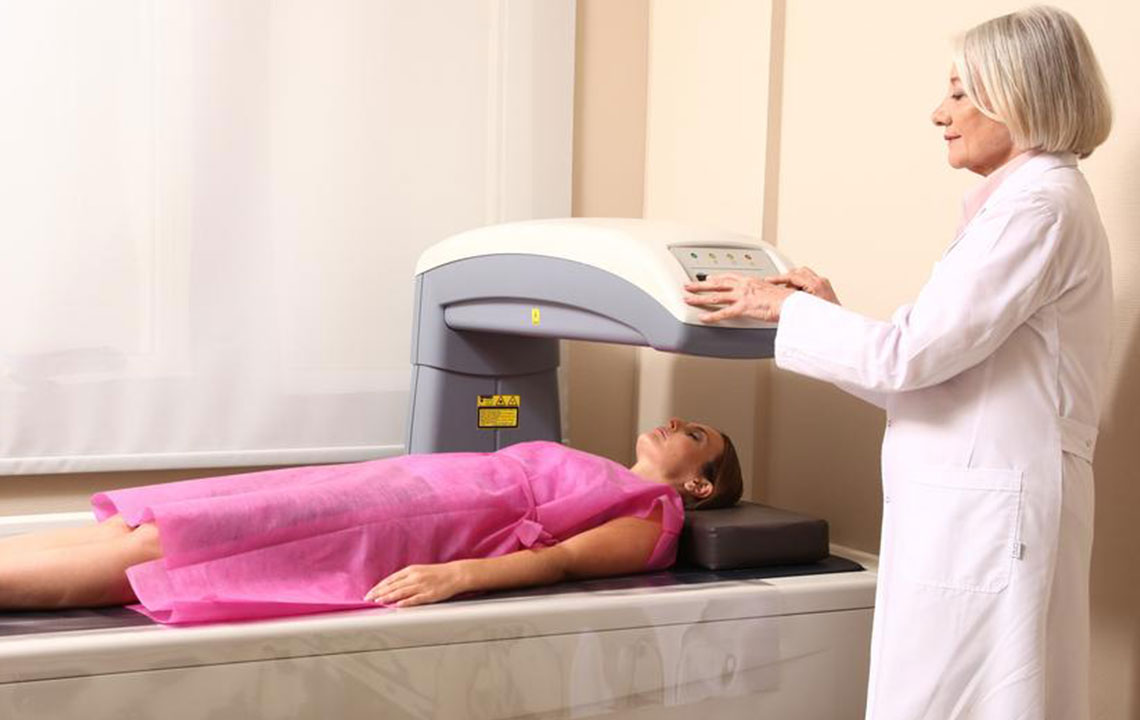Essential Guide to Osteoporosis Screening and Testing
Learn everything about osteoporosis tests, including their importance, how often to get screened, the testing procedures involved, and insurance coverage options. Early detection through regular screenings is vital for effective management and prevention of fractures in at-risk populations, especially postmenopausal women and older adults.
Sponsored

Osteoporosis is a condition that leads to decreased bone density, making bones fragile and more susceptible to fractures. Annually, millions suffer fractures due to this disease, particularly affecting the wrist, spine, and hips. Postmenopausal women are most vulnerable, accounting for approximately 80% of cases, due to hormonal changes during menopause. Regular osteoporosis evaluations are crucial for women over 65 to prevent serious complications.
Frequency of Osteoporosis Screening
The recommended screening intervals depend on factors such as age, gender, health history, and risk factors. Women in their 60s with vitamin D deficiency may need annual testing, while healthier postmenopausal women might be tested every two years. Regular testing helps in early identification and tracking of osteoporosis, especially for those already diagnosed, to assess the effectiveness of treatments.
What does osteoporosis testing include?
After reviewing your symptoms, family, and medical history, along with a physical examination, your doctor may recommend two main tests if osteoporosis is suspected:
Bone density scan (DEXA): Measures the mineral content in bones to detect loss.
Blood and urine analysis: Detects underlying issues contributing to bone degradation.
Additionally, QCT (quantitative computed tomography) can assess bone health, especially in the spine, and monitor treatment progress.
Insurance coverage for osteoporosis screening
Insurance providers, including Medicare, typically cover osteoporosis testing like DEXA scans every two years for:
Individuals aged 65 and older (women)
Individuals aged 70 and older (men)
For younger patients, private insurance may cover tests if they have a history of fractures, certain health conditions linked to bone loss, are on specific medications, or are undergoing treatments like cancer therapy. Screening coverage is generally available for those at increased risk of osteoporosis.





